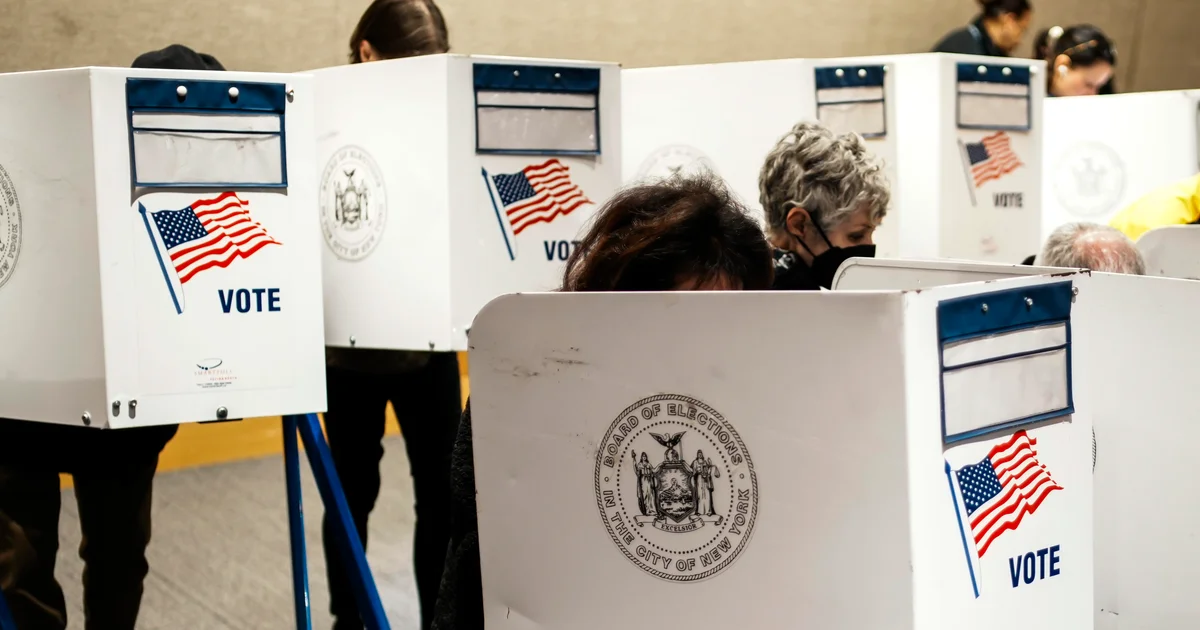Copyright berkshireeagle

PITTSFIELD — Christopher McLaughlin, executive director of Elder Services of Berkshire County, says that the organization is relieved to have been largely spared from federal funding cuts over the last year. But now that steep cuts to Medicaid are certain, the organization’s leaders worry that state funding for their services will dry up as resources are diverted to make up for inevitable gaps in health care. At Friday's annual meeting, Elder Services reiterated the importance of its programs in an aging county that's ranked among the poorest in the state. While the organization will still be able to provide local seniors with meal deliveries, hospital-to-home transitions and other assistance for the foreseeable future, the exact impact of federal funding cuts over the next few years remains uncertain. “We understand more than ever that in 2026 and beyond, our delivery models will continue to be challenged as they grow and evolve, and as even more baby boomers become eligible for our services,” McLaughlin said. But he tempered the news with a note of optimism: “As always, we will be ready with a sense of dignity, passion and purpose.” Concerns about serving older adults aren’t restricted to Berkshire County. Robin Lipson, secretary of the state’s Executive Office of Aging and Independence, remarked on the difficulties facing organizations that serve older adults throughout Massachusetts in her keynote address. “Like so many states across the country, we are preparing for a challenging few years ahead,” she said. “Every day, we're having to make really tough choices to direct limited resources toward the most critical needs.” “If we want to protect and empower our aging population, we have to continue to invest in those networks that have always delivered the most impact with the least amount of resources,” she said. In Berkshire County, that goal is especially important. “In rural areas, we tend to see more isolation of older adults,” Lipson told The Eagle after the event. Without access to services, she said, “they may not age as optimally.” In his opening remarks, McLaughlin said that the Trump administration’s plans to dismantle the Administration for Community Living earlier this year stirred up anxiety among leaders at Elder Services. However, many of the federal government's flagship programs dedicated to older adults — including Meals on Wheels, SHINE and the Family Caregiver Program — were not eliminated but relocated to other government bodies, which has allowed them to continue for the time being. At least one federal program cited by Elder Services as being helpful to older adults, the Low Income Heating Energy Assistance Program, could be terminated on Nov. 1 if the government shutdown is not resolved. The impending loss of Medicaid remains the most certain and distressing roadblock for the organization. Jeffrey Menkes, the outgoing board president for Elder Services of Berkshire County, criticized the federal government’s decision to slash Medicaid funding during his remarks. “They're waving the banner of fraud, waste and abuse, which those of us who deal with this on a day-in and day-out basis know there's nothing behind that,” he said. “There's no facts that support that threat.” Understanding the exact effect that federal funding cuts will have is a continuing process. McLaughlin told The Eagle that Elder Services of Berkshire County works closely with Lipson’s office to keep track of federal developments, checking in through regular calls. But, McLaughlin admitted, the future impact of funding cuts continues to be “guess-at-best.” The audience at the Country Club of Pittsfield included current board and staff members for Elder Services of Berkshire County, as well as representatives from local partners like the Greylock Federal Credit Union. Several state lawmakers also attended, including state Reps. Leigh Davis (D-Great Barrington) and Tricia Farley-Bouvier (D-Pittsfield), and state Sen. Paul Mark (D-Becket). Through all the uncertainty, there has been one major takeaway for McLaughlin: “We are very fortunate to live in Massachusetts. “Massachusetts has also been on the cutting edge of health care,” he said. “We live in a state that really values people, and values older adults.”



